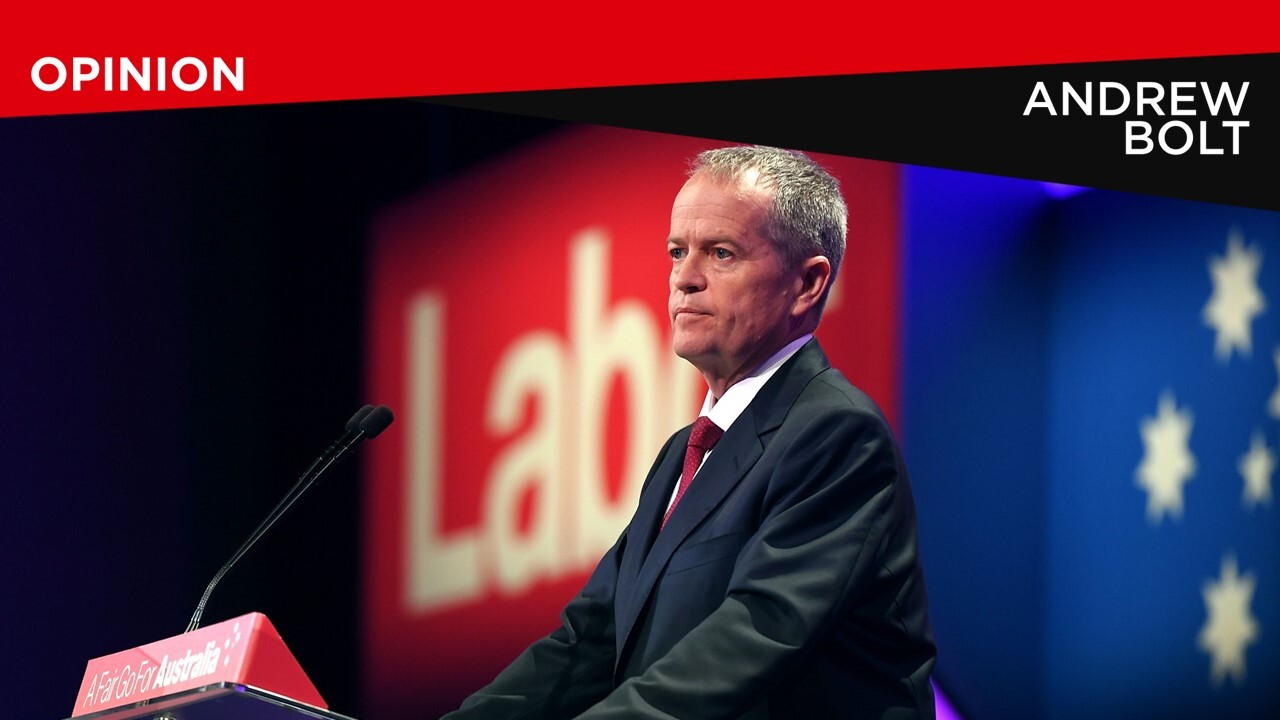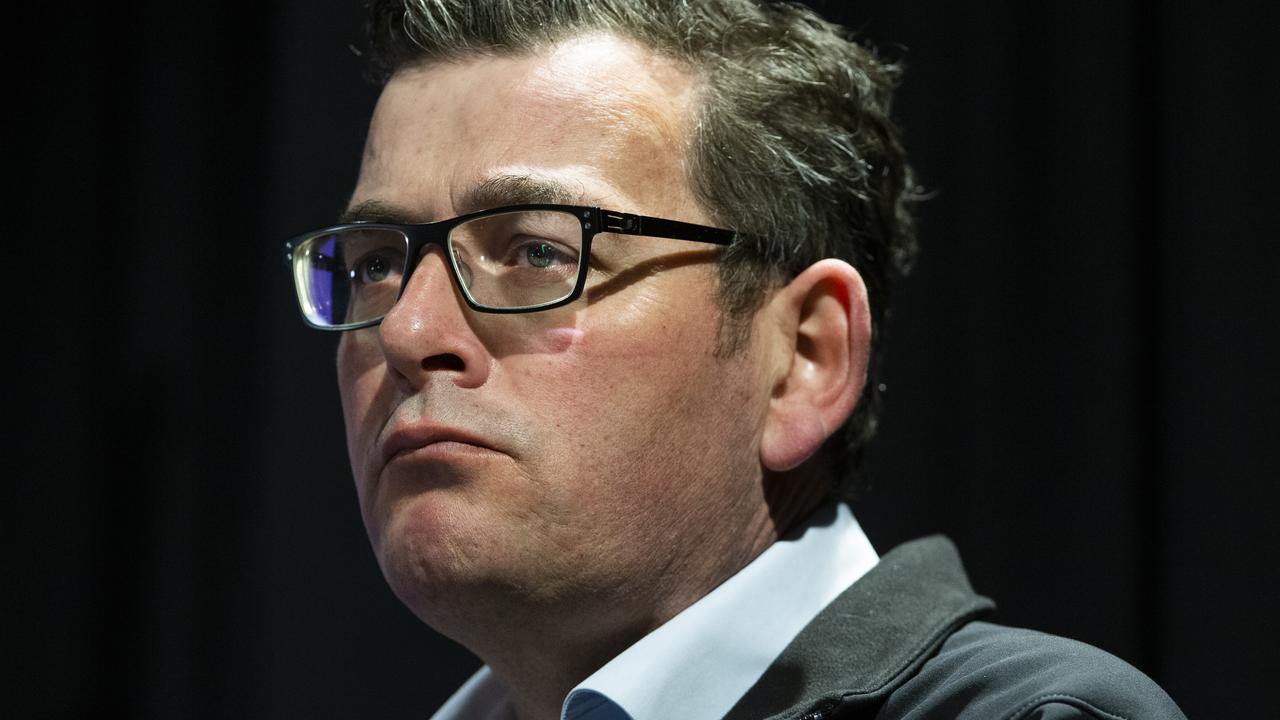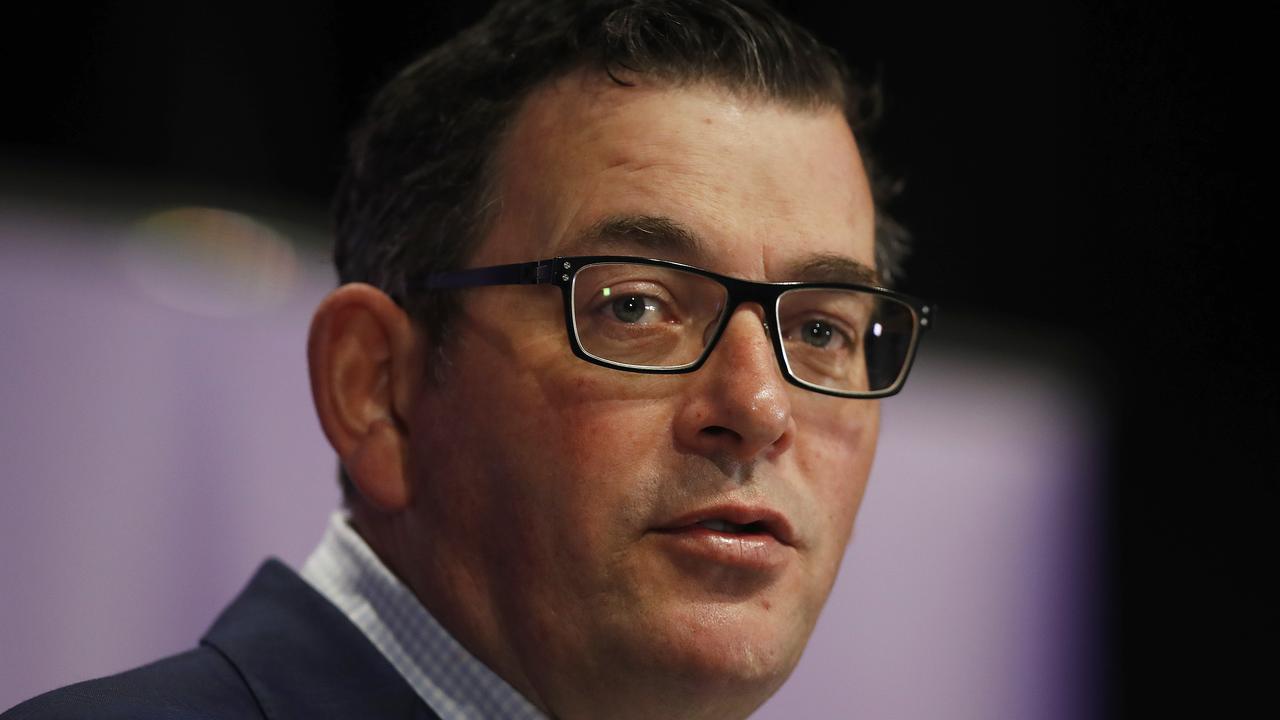James Campbell: Bill Shorten flexes his muscles ahead of power fight
Barring a Coalition miracle, Labor will win power next year, but voters might be surprised by how much Australia changes under Bill Shorten, writes James Campbell.

The ALP National Conference has come and gone and I don’t think I’m giving away any great secret when I tell you that although Labor folk were keeping a lid on it in public, in private they know it would take a disastrous series of unforeseen events to keep them from winning the next election.
This is a new development. Even after the Liberals removed Malcolm Turnbull as prime minister, there were still a surprising number of people in the ALP who were not prepared to concede next year was a foregone conclusion.
Labor, like Collingwood, has been in front well into time on, only to see the other side get the silverware.
SHORTEN MUST BEWARE OF BREAKING PROMISES
SHORTEN PROMISES LABOR VISION FREE FROM CHAOS
But in the past few weeks that diffidence began to disappear. The Wentworth by-election was the first sign that things might be actually worse for the Liberal Party than they seemed — and they seemed pretty bad.

But the big game changer was Victoria. The Victorian state election result was so bad for the Liberal Party and the evidence so overwhelming that federal factors were in a large part responsible for it, that even the most Eeyore-ish Labor people can see there is a good chance Bill Shorten could have a decent working majority even if he doesn’t win a single seat anywhere else.
Which of course, the chances are, he will. Moreover Labor are convinced the public have not taken to Scott Morrison and the longer things go on, the clearer that is becoming. And worse than that, he appears to be unlucky.
Bringing out the MYEFO during the middle of Labor’s conference was a goodish idea to steal their airtime. How were they to know that was the day New Idea would choose to introduce Andrew Broad to Australia?
Alas in politics sometimes when things go wrong, everything goes wrong.
All of which is a long way of saying that barring a Liberal miracle, we are going to have a Shorten government next year and unless the Coalition can find a way to get its primary vote out of the 30s, the chances are that Shorten will be there for more than one term.
From his keynote speech on Sunday and his remarks closing the conference on Tuesday, Labor’s strategy at the next election will be to base its appeal to voters on its team’s unanimity, stability and preparedness, rather than any particular measures they are planning on bringing in. To adapt the old rag trade line: never mind the policies, feel the pitch.
There’s almost no doubt it will be enough to get them there but it might mean some of those who vote Labor are shocked by how much change Labor is promising. Because make no mistake, if Bill Shorten wins next year and gets his agenda through the Senate, Australia will be a very different place in three years from now.
The Queen, if she is still with us, might be on borrowed time if a plebiscite to replace her as head of state with a republican president succeeds. We won’t actually know what concrete form this republic will take but we will have been asked to give our opinion on retaining the monarchy — a bit like the UK’s Brexit vote which asked people whether they wanted to leave or remain in the EU but not what that exit might look like.

What else? Capital gains tax will have been doubled, negative gearing will have been restricted to new dwellings and something like the Turnbull government’s abandoned National Energy Guarantee will have been implemented, albeit with a much higher emissions reduction target.
There will be a federal EPA. Kids will get two years of free kindergarten and the people who work in them will be much better paid. Indeed women in general — for most kindergarten teachers are women — will be much better paid as Fair Work will be pushed to raise the wage rates in female dominated industries without having to prove like-for-like discrimination.
Indeed the whole industrial relations landscape will look very, very different. The explicit push to return Australia to “pattern bargaining”, which could see wage rises flow industry-wide, would take the country back to the early 1980s before the Hawke government’s accord and the later arrival of widespread enterprise bargaining under Keating.
Industry is up in arms about the last one, but it is crying in vain. The chances are Labor will be able to legislate the changes it wants because in theory there will be more winners than losers.
Moreover you can’t even be certain the Liberal Party will do much to try to stop them. The non-Labor parties have a pretty much unblemished record of defeat on every industrial relations argument from the Harvester judgment and the defeat of the Bruce government in 1929 right through to WorkChoices in 2007. Indeed that last experience is so seared in the memory of the Liberal Party that since coming to power in 2013, the Abbott-Turnbull-Morrison governments have made almost no attempt at altering Bill Shorten’s and Julia Gillard’s industrial relations system.
But even if they were to try to run a scare campaign from opposition, there is nothing from their time in government that would suggest they are going to be any good at it. They will just have to find something else to campaign against; perhaps Shorten’s plan to enshrine the status of indigenous Australians in the constitution. There’s fertile ground there, I suspect.
James Campbell is national politics editor



